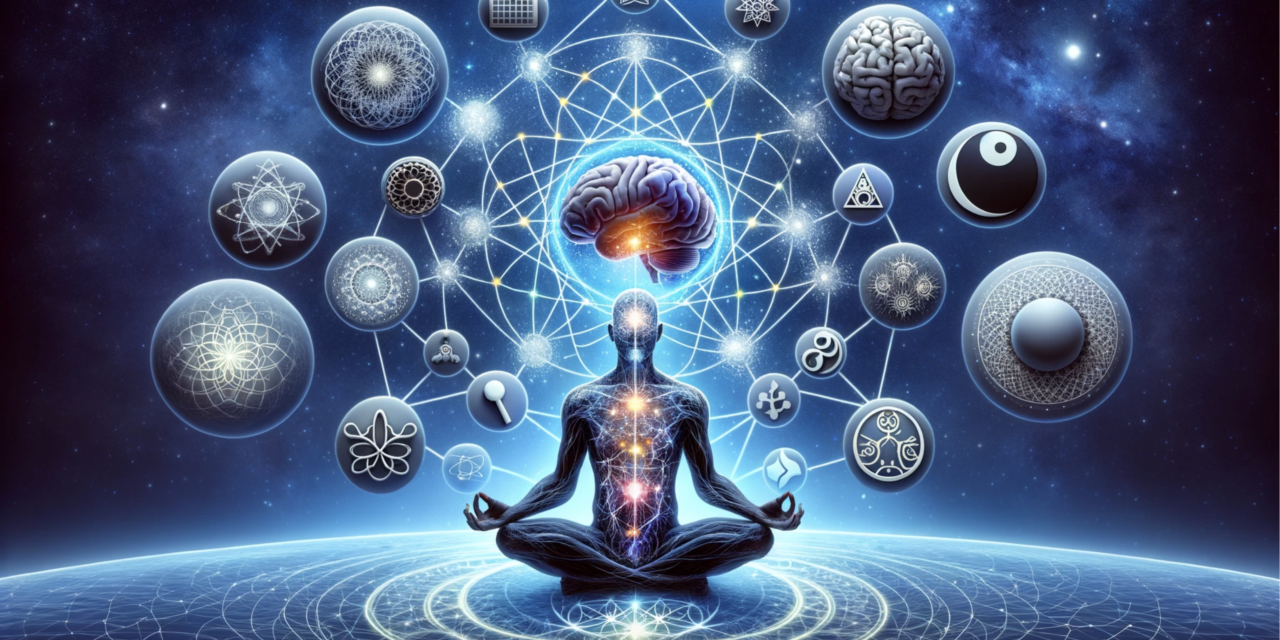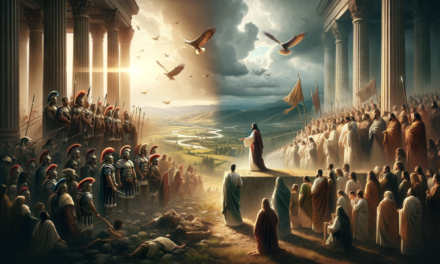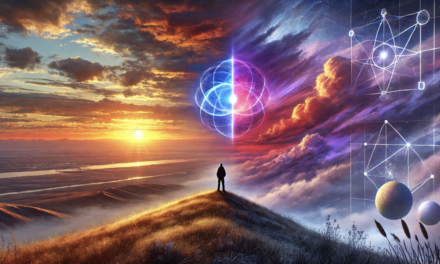Introduction
Human consciousness is a profound and multifaceted phenomenon that has intrigued philosophers, scientists, and mystics for centuries. One of the most intriguing aspects of consciousness is the experience of “awareness beyond awareness”—a higher-order consciousness where one is not only aware of their surroundings and thoughts but also of their own awareness. This state is often coupled with a deep sense of participation in the cosmos and oneness with all things. Despite the richness of these experiences, they remain one of the fundamental mysteries of life. This article explores these experiences through the lenses of phenomenology, neuroscience, philosophy, and systems theory, offering insights while acknowledging the enduring enigma of consciousness.
The Experience of Being Aware
The experience of being aware refers to a meta-conscious state where the mind observes itself. This reflective state is a hallmark of higher-order consciousness and is often described in terms of self-awareness or self-reflection. It is in this state that individuals often report profound experiences of interconnectedness and unity with the universe.
Phenomenological Perspective
From a phenomenological standpoint, the feeling of oneness and participation in the cosmos might arise because, at a deep level, our consciousness is not separate from the world but is an integral part of it. Phenomenology, which focuses on the structures of experience and consciousness, suggests that our sense of self is deeply intertwined with our environment and the larger universe. This perspective emphasizes that the sense of separateness is an illusion, and in moments of heightened awareness, the true interconnectedness of all things becomes apparent.
Neuroscientific Perspective
Neuroscience offers insights into these experiences by studying brain states and the neural correlates of consciousness. Certain brain states, such as those induced by meditation, contemplative practices, or psychoactive substances, can lead to altered perceptions of self and reality. These states often dissolve the boundaries between self and other, giving rise to a profound sense of unity. Research into the neural basis of these experiences suggests that they may result from changes in the brain’s default mode network, which is associated with self-referential thinking and the perception of boundaries.
Philosophical and Spiritual Perspective
Many philosophical and spiritual traditions emphasize the interconnectedness of all things. Eastern philosophies like Buddhism and Hinduism, as well as mystic traditions within various religions, speak of the illusion of separateness and the fundamental unity of all existence. These traditions often regard the sense of oneness as a more accurate perception of reality, beyond the ordinary dualistic experience. Mystical experiences, characterized by feelings of unity, timelessness, and profound insight, are seen as glimpses into the true nature of reality.
Ecological and Systems Perspective
From an ecological or systems theory perspective, the sense of interconnectedness can be understood as an awareness of the complex web of relationships that sustain life. Systems theory posits that all elements within a system are interdependent and that understanding the whole requires recognizing these interconnections. This perspective fosters a sense of participation in the larger system of the cosmos, highlighting the interdependence of living beings and their environments.
The Hard Problem of Consciousness and Its Critique
David Chalmers’ hard problem of consciousness emphasizes the challenge of explaining why and how subjective experiences (qualia) arise from physical brain processes. This problem highlights the difficulty in bridging the explanatory gap between objective neural activities and subjective conscious experiences.
However, “The Blind Spot” by Adam Frank, Marcelo Gleiser, and Evan Thompson critiques this traditional approach. The authors argue that the hard problem is predicated on a conceptual error known as the bifurcation of nature and the fallacy of misplaced concreteness:
- Bifurcation of Nature: This refers to the erroneous division of the world into objective, physical reality and subjective, mental experiences. This bifurcation assumes a fundamental separation between mind and matter.
- Fallacy of Misplaced Concreteness: This involves mistaking abstract models or mathematical descriptions for the concrete reality they aim to represent. In the context of consciousness, it means reducing the richness of subjective experience to mere physical processes described by abstract scientific models.
Key Arguments from “The Blind Spot”
- Mistaking Abstractions for Reality: The authors argue that scientific descriptions, such as the average kinetic energy of atoms or molecules representing temperature, are useful abstractions but should not be mistaken for the concrete reality of hot and cold experiences. Applying this to consciousness, they suggest that neural correlates are abstractions that do not capture the full essence of subjective experience.
- Holistic View of Consciousness: Instead of reducing consciousness to neural activities, the authors advocate for a more integrated understanding. This perspective views consciousness as an emergent property that cannot be fully explained by examining its components in isolation.
- Interconnectedness of Mind and World: The critique emphasizes the interdependence of mind and world, challenging the strict separation implied by the bifurcation of nature. This interconnected view aligns with various philosophical and spiritual traditions that see consciousness as fundamentally intertwined with the cosmos.
Implications for Understanding Consciousness
The critique offered by “The Blind Spot” has significant implications for the study of consciousness:
- Re-evaluating Reductionism: It challenges reductionist approaches that seek to explain consciousness purely in terms of physical processes. This calls for more holistic and integrative models that consider the interplay between mind and matter.
- Broadening the Scope of Inquiry: It encourages exploring consciousness through multiple perspectives, including phenomenology, spirituality, and systems theory, to capture its full richness.
- Reconsidering the Hard Problem: By questioning the assumptions underlying the hard problem, it opens the door to alternative ways of thinking about the relationship between brain and mind, potentially reframing the problem itself.
Conclusion
The experience of “awareness beyond awareness” and the accompanying sense of participation in the cosmos and oneness with all things highlight the depth and complexity of human consciousness. While various perspectives from phenomenology, neuroscience, philosophy, and systems theory provide valuable insights, the full explanation of these profound experiences remains one of the fundamental mysteries of life.
The critique presented in “The Blind Spot” challenges us to rethink our conceptual frameworks and embrace a more integrated view of consciousness. This perspective aligns with the experience of cosmic oneness, suggesting that these profound experiences reflect a deeper interconnectedness between mind and world. Understanding consciousness requires moving beyond reductionist models to appreciate the emergent, holistic, and interconnected nature of our subjective experiences. This approach not only deepens our philosophical and scientific inquiry but also resonates with the rich, lived reality of human consciousness.
By exploring these different perspectives, we gain a deeper appreciation of the enigmatic nature of consciousness and its profound implications for our understanding of self and reality. The quest to unravel these mysteries continues to inspire and challenge us, driving forward the fields of philosophy, neuroscience, and spiritual inquiry.
Terry Cooke-Davies
12th June 2024
Thanks to ChatGPT (4o) for assistance with the preparation of this material.
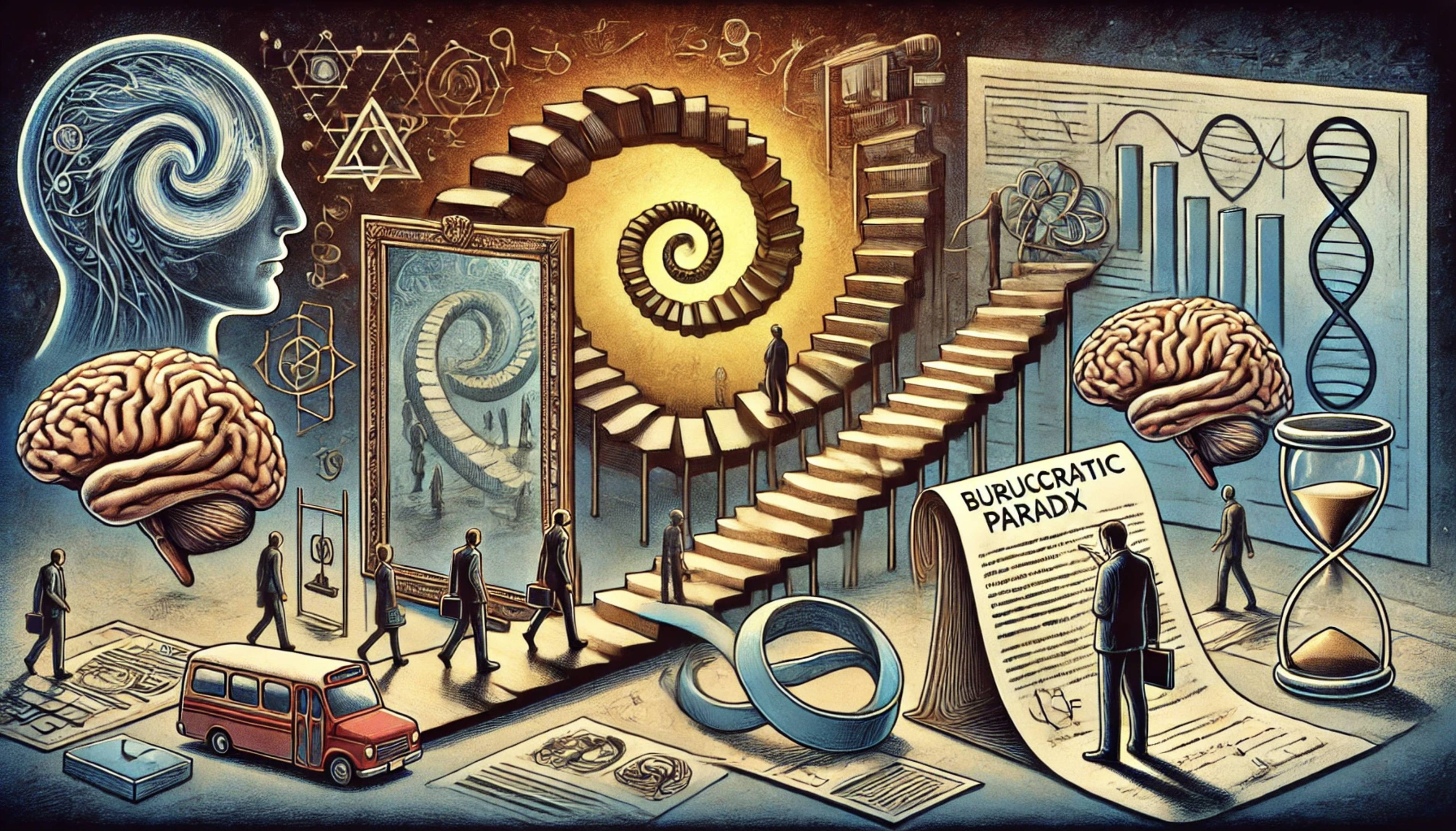
Link to Article:
UNDERSTANDING STRANGE LOOPS: UNRAVELLING LIFE’S PARADOXICAL PATTERNS
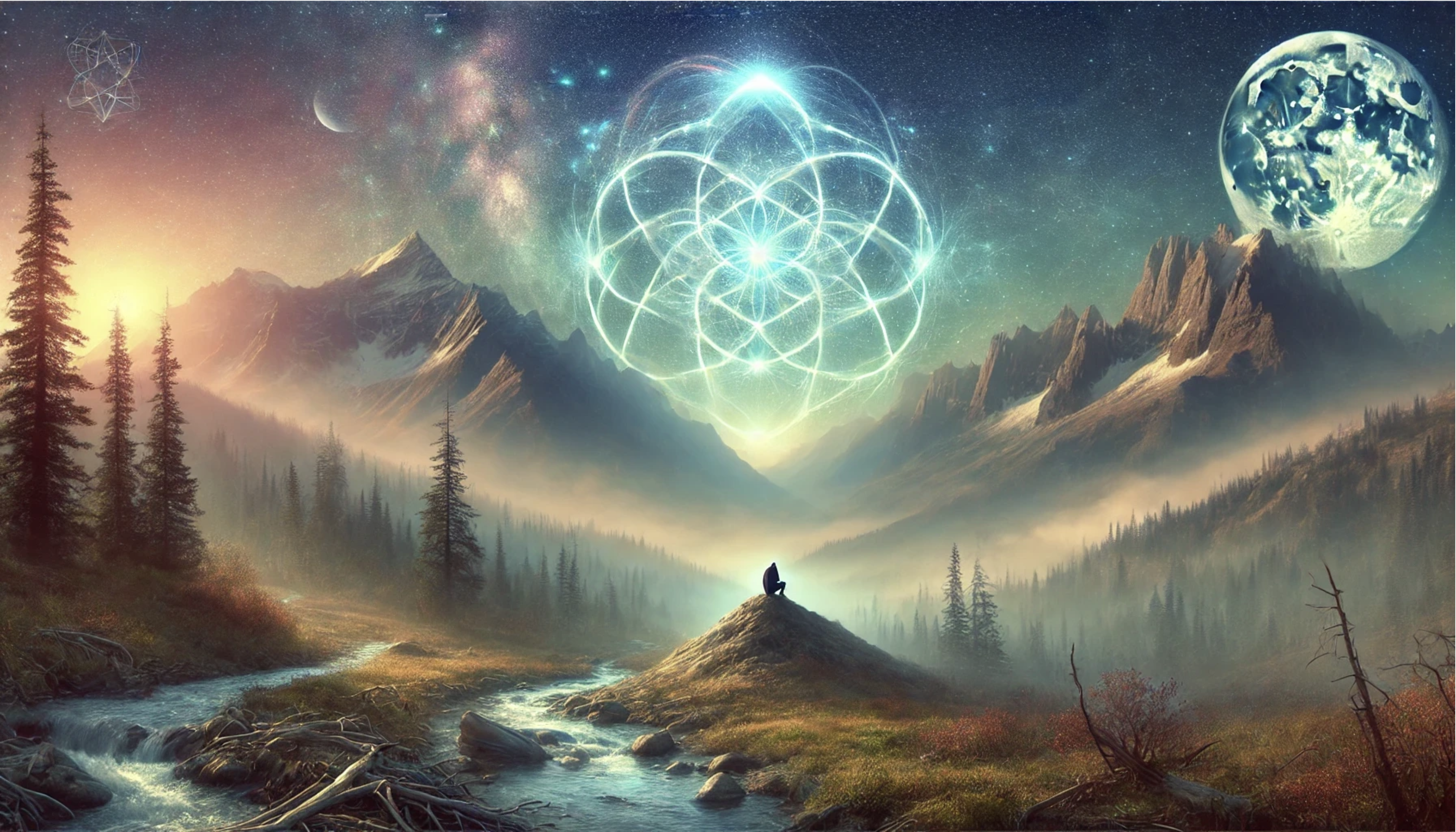
Link to Article:

